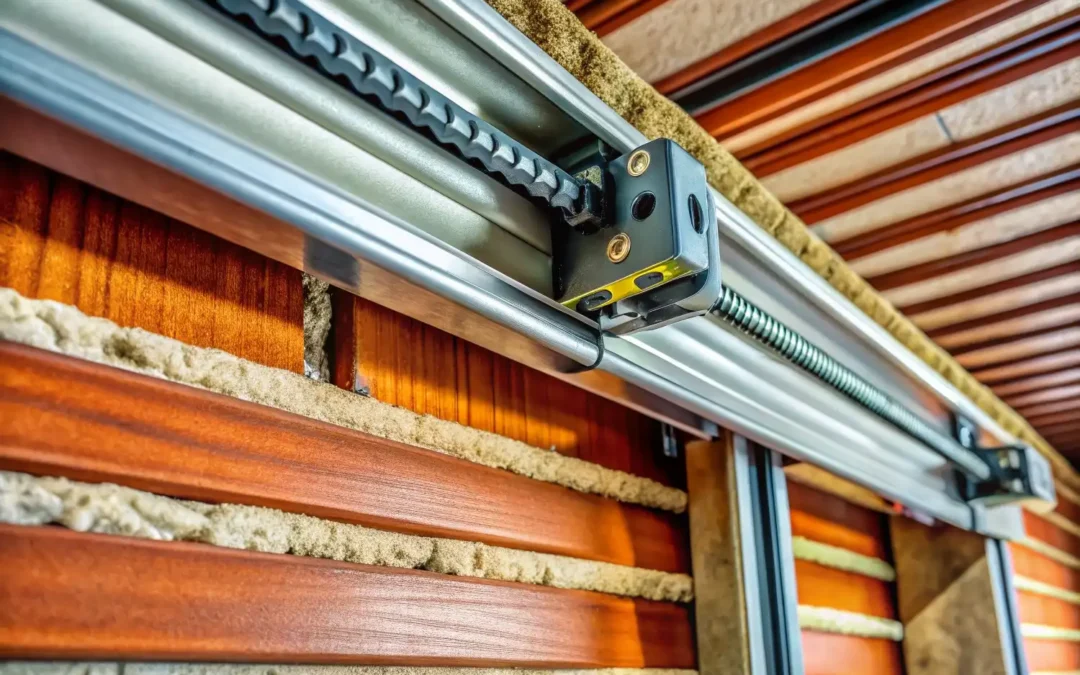In today’s energy-conscious world, homeowners are constantly seeking ways to improve their home’s efficiency and comfort. One often overlooked area that can make a significant impact is the garage door. Insulated garage doors not only enhance energy efficiency but also contribute to overall home comfort. Let’s explore why garage door insulation matters and how to choose the right materials for your home.
Benefits of Insulated Garage Doors
Enhanced Energy Efficiency
Insulated garage doors can dramatically reduce energy loss through the garage. Studies have shown that replacing an older, non-insulated door with a new, energy-efficient model can decrease energy loss by up to 71%. This improvement in thermal efficiency can lead to substantial savings on your energy bills, especially if your garage is attached to your home.
Temperature Regulation
A well-insulated garage door helps maintain a more stable temperature in your garage. During hot summers, it can keep your garage up to 20-26 degrees cooler, while in cold winters, it can maintain temperatures 10-20 degrees warmer[. This temperature regulation is particularly beneficial for homes with living spaces adjacent to or above the garage.
Noise Reduction
Insulated garage doors operate more quietly than their non-insulated counterparts. This can be a significant advantage if you have living areas or bedrooms near the garage.
Increased Durability
The added layer of insulation provides extra strength to the garage door, making it more resistant to dents and damage.
Choosing the Right Insulation Materials
When selecting insulation for your garage door, consider the following options:
Polystyrene (Styrofoam)
– Offers excellent thermal resistance
– Lightweight and durable
– More economical option
– Typically has R-values of 6.3 to 12.9
Polyurethane
– Provides higher insulation value
– R-values range from 18.4 to 20.4
– Offers superior sound insulation
– More expensive but highly effective
Tips for Selecting an Insulated Garage Door
- Check the R-value: Look for higher R-values for better thermal efficiency. Even lower R-values can provide energy savings compared to non-insulated doors[5].
- Consider door construction: Opt for doors with triple-layer construction for maximum insulation[1].
- Don’t forget the windows: If your garage door has windows, choose double-paned options for added insulation[4].
- Evaluate your climate: In extreme climates, investing in a door with higher insulation values can be particularly beneficial.
- Assess your garage usage: If you use your garage as a workshop or living space, prioritize higher insulation levels for comfort[4].
- Look at overall door quality: Consider factors like durability and design alongside insulation properties.
By investing in an insulated garage door, you’re not just improving your home’s energy efficiency; you’re also enhancing comfort, reducing noise, and potentially increasing your property value. With the right insulation choice, your garage can become a more functional and comfortable extension of your living space while contributing to lower energy costs year-round.

